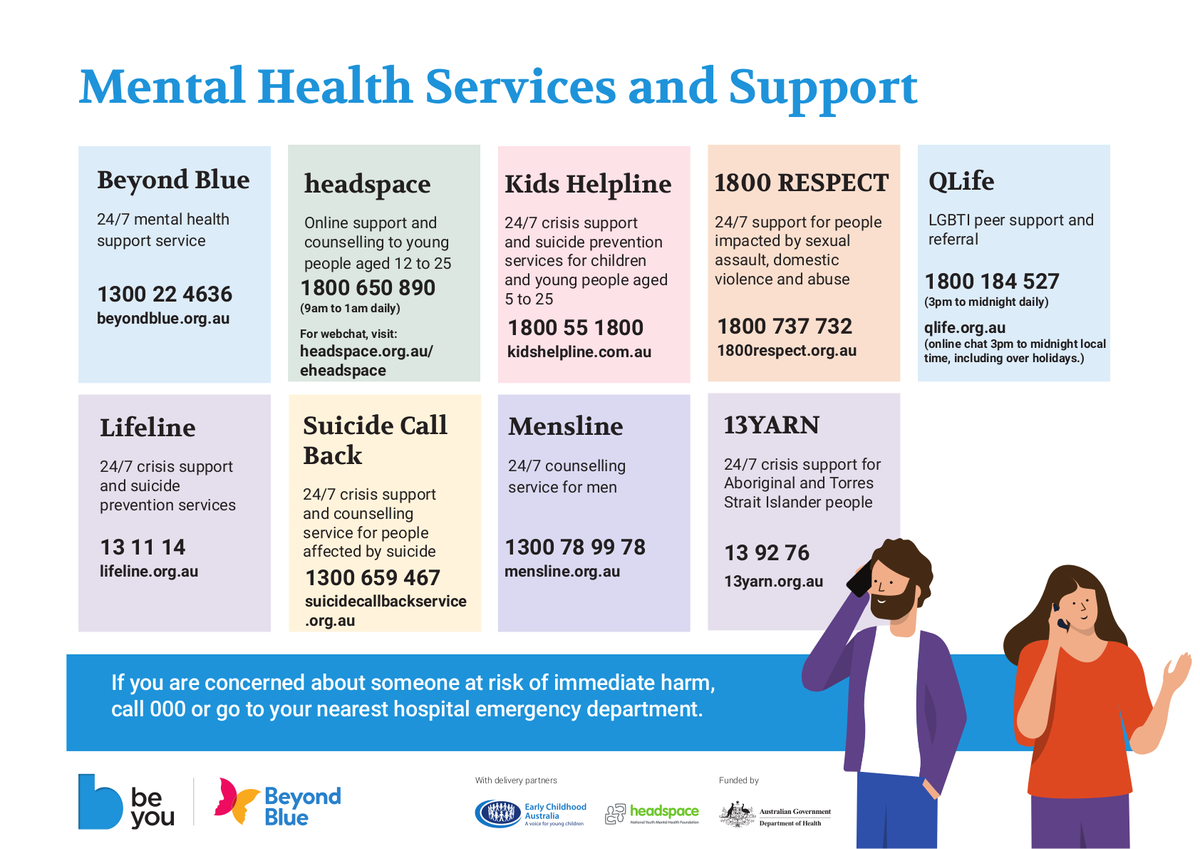Wellbeing @ NLPS

Student Wellbeing @ NLPS
At NLPS we strive to ensure that all of our students are doing, being and feeling their best – both academically and wellbeing wise. Each month we will place an article into the school newsletter that focuses on a particular aspect of children’s wellbeing. We hope you find the information we share to be useful and welcome your suggestions on what might be timely to include.
Student Wellbeing Team
August Focus - Supporting your child in managing tricky relationships
One of the most challenging parts of supporting your child at school is how to guide them when they are having friendship struggles. We often draw upon our own experiences or worry that our children do not have the ‘perfect friendships’. We may struggle to find the words or advice particularly if our child seems upset or distressed about a relationship.
It can sometimes be helpful to imagine ourselves as a relationship coach or mentor rather than lead mediator or negotiator. Giving our children and young people the opportunity to navigate friendship problems is one of the greatest gifts we can give them. Even if we think they will make a mistake in trying to manage it, we must give them the chance to develop important social skills that support their ability to negotiate and express their feelings to others.
Here are some steps and language that may be helpful:
Listen with empathy and an open heart and mind
We need to validate their feelings and try to understand their perspective without being alarmist or judgemental. You might say “I am so sorry that happened to you” or “I would like to hear about what happened” rather than “that is shocking” or “those kids are horrible”.
Ask them about how they feel
It can be helpful to ask direct and specific questions to encourage our children to articulate their feelings. “How does that make you feel?” Try to stay calm even if they start to cry or shout and go back to step one to validate how they are feeling.
Problem solving
Coach them to solve the problem. The easiest choice sometimes is to say “just ignore it” or “walk away” but unfortunately that may teach your child to avoid conflict or not stand up for themselves. You may encourage them to “talk it out” with their friend. Suggest ways in which they can express how they feel and what they would like to happen next time. For example, you might suggest they say: “When you did not let me join in the other day, I felt left out and very lonely. I would really appreciate it if you did not do that to me again.” Give your child time to solve the problem themselves.
Understanding Healthy relationships
Adults have a big role to play in role modelling healthy and positive relationships with others. We can also teach our children the difference between healthy and unhealthy friendships. We can support them in understanding that they can choose who they surround themselves with and that it is essential to spend time with friends who make them feel good about themselves. It is important to help them develop trust and respect in their relationships and not to normalise mean behaviour.
Managing mean or unkind behaviour
If our children encounter mean or unkind behaviour, it is helpful to provide them with a quick comeback statement to combat it. For example, “That is not cool” or “That is not okay to say that.” These statements should be delivered in a strong voice with authoritative body language. If the behaviour continues, it is then important to involve trusted adults (the teacher on yard duty or classroom teacher) to stop the behaviour. Children need to learn good relationship habits and what is not acceptable. They will all try out language and behaviours and will continue in negative ones, unless someone supports them to make changes.
Group Chats/Online games/Texting/Social Media
These communication platforms are very rarely the best place to solve relationship issues, but it often makes young people feel better, as they can express their inner-most feelings without looking the person in the eye. Seldom does that type of negotiation end well. Encourage your child to make a phone call or suggest a time to meet with their friend face to face. This will be challenging as it takes courage, but you may like to explain to your child that relationship issues need that face-to-face contact to resolve issues with kindness and empathy. When friendship issues are resolved in this way, the friendships are often strengthened, as there is a sense of openness and trust going forward.


